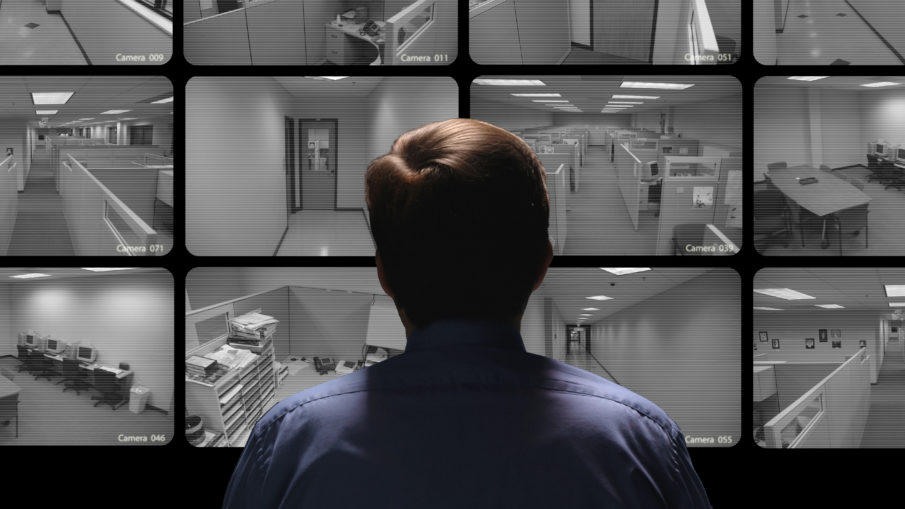Cameras and other types of surveillance devices are all around us. The country is worrying about their fellowmen, their safety, privacy and well-being. This is the official story, and the truth be told, it’s justified to some extent. We are using CCTV’s in our homes, and the country has become much like a big brother’s house. These monitoring devices help to stop and solve crime, but there’s always the other side of that coin.
What if our government can watch us while we’re doing whatever we do in the privacy of our home? Orwell’s prediction of “The Big Brother” concept regarding the government system seems to be a reality now. It’s one thing to monitor streets and other public spaces, but at some point a line must be drawn.
Who is Our Big Brother?
The obvious answer to the question would be the government. And yet, this seems to be general statement, since spying on citizens is not the only thing government does. There are five agencies in the world that are working together to set a complete control over the entire civil population. In the US, that’s the NSA, and the other four agencies are its equivalents in Great Britain, Australia, New Zealand and Canada.
The most famous case of uncovering these agencies, was the Optic Nerve scandal in 2008. The information that was extracted, showed that Britain’s government, with the help of the NSA, has used Yahoo’s chat services to take photos of the users, every five minutes. This way they’ve gathered “mugshots” of few million people. Yahoo’s officials denied any relation to this event. At the end, no-one was charged with the privacy breach.
The truth is, most of the Tier1 IT companies have to collaborate with the government, in order to operate at all. Magnates like Google, Apple, Microsoft and others are known to allow government’s agents to access their databases without a specific reason. Thanks to Wikileaks, and more recently Edward Snowden, the public got to know to what extent the certain government-based institution has reached into our private lives.
How Do They Gain Access?
The answer is kind of a paradoxical. The people who serve the law use the same methods criminals do – hacking. Sometimes this is straightforward hacking through phishing, malware, and cookies, while others it comes preloaded. Yahoo’s case was a hack, while in others, like with Apple and BlackBerry smartphones surveillance, it comes right out of the box. One of the files Edward Snowden revealed, shows that the CIA has access to all private information of the Apple/BlackBerry users.
One of the most aggressive acts is the one that allows them to access your webcam. To make it even scarier, the malware they are using is capable of hiding well in the computer system, disabling the LED indicator from turning on to show the camera is active.
How do we stop it?
Trusting huge companies’ privacy policies seems to lack credibility. So, the only ones that we can trust are ourselves.
You’ve probably seen people putting duct tape over their cameras. Next time you do, don’t laugh! The issue is real, and it’s up to us how we handle it. This “physical” hiding is a bit outdated, and if the opponents are using high-tech means, so should we.
ShieldApps Software Innovations has published a new software (Identity Theft Preventer) that enhances one’s privacy levers on both computers and mobile devices. The software aims to combat identity thefts, but one of its main features is a webcam and microphone blocker. Once you install it you will be the only one who can use the device’s webcam and microphone, disabling all external breach attempts. There won’t be any malware, software or hacker, able to manipulate your camera. Every time a signal is sent to the hardware, the software will ask for your permission to engage it. The software includes other privacy-oriented features that will keep your data, information, and identity safe.
Some might see this as an imaginary conspiracy theory, some might believe it is a valid and legitimate concern. Nevertheless, your privacy is endangered one way or another, and that’s a fact. Keeping it safe should be your personal concern and responsibility.

